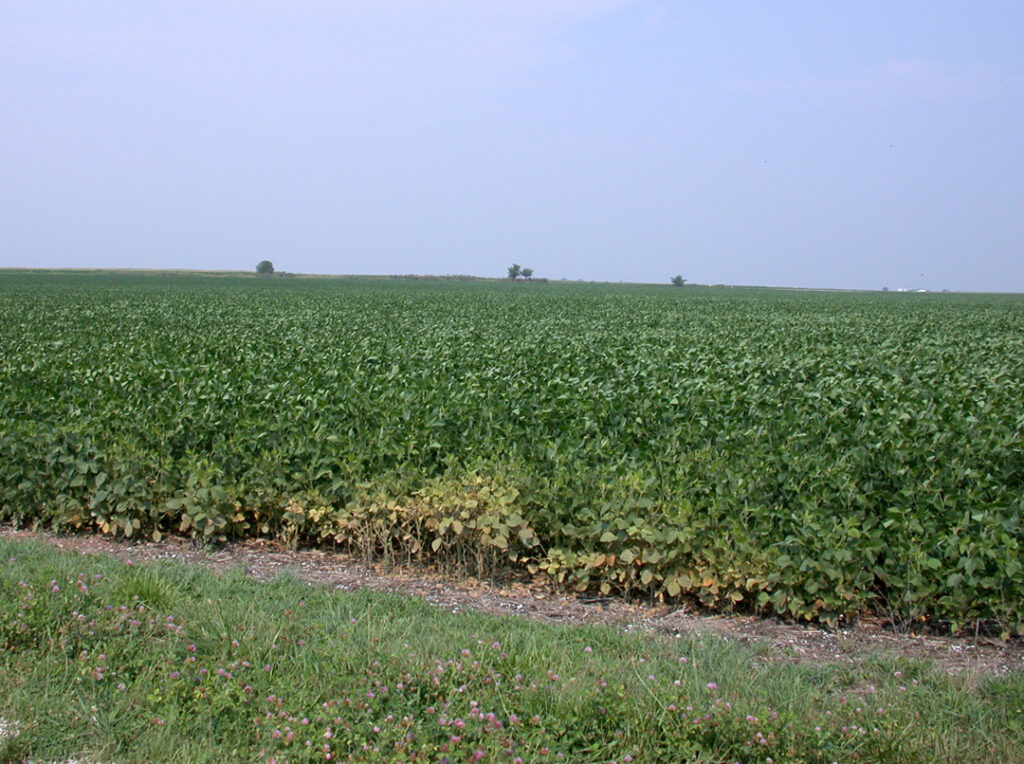
Some areas of Indiana remain very dry and concerns of spider mites moving into fields from parched field/road sides increase.

Some areas of Indiana remain very dry and concerns of spider mites moving into fields from parched field/road sides increase.
2020 Western Bean Cutworm Pheromone Trap Report

The Farming for a Better Climate series explored a variety of climate-smart agricultural practices that aim to maintain, or even increase, farm profitability while also slowing climate change.
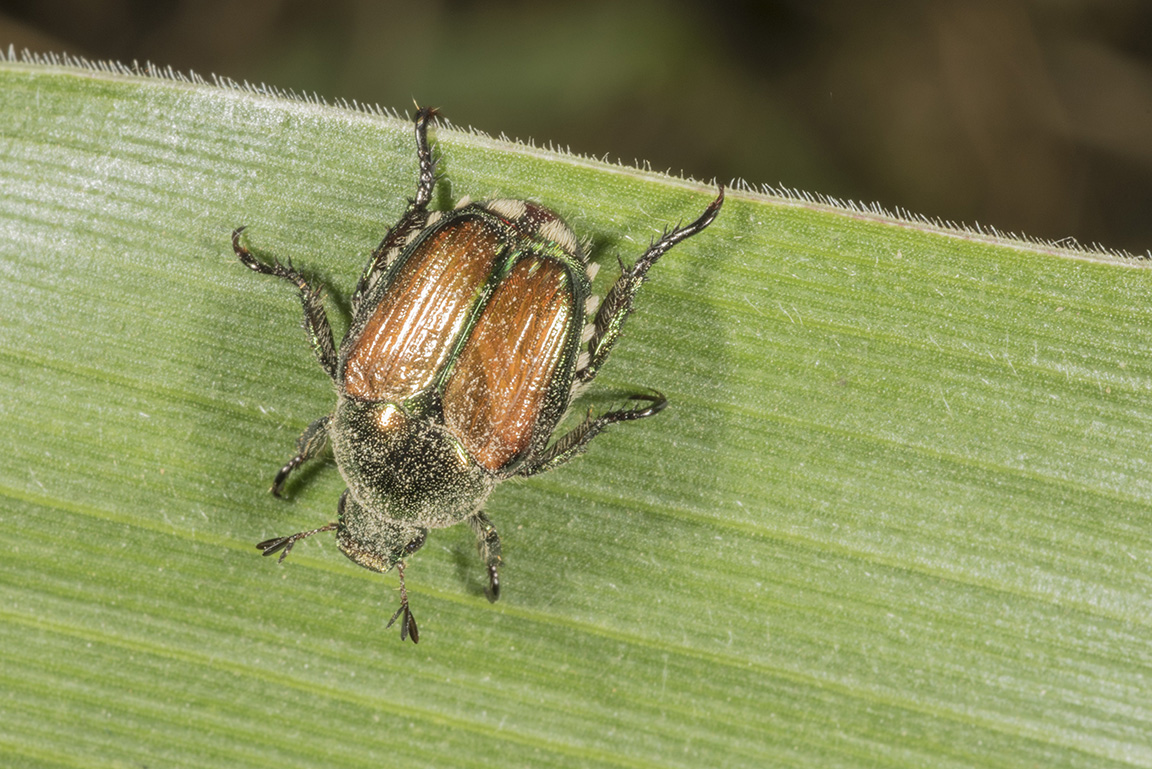
As many have asked, or made note, insect pest numbers seem lower this season. No surprise that the moisture and temperature extremes have had an impact, especially those insects depending on the soil to complete at least a portion of their life cycle.
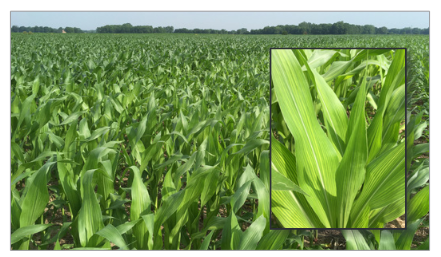
In recent years, sulfur (S) deficiency has been diagnosed in corn, soybean, alfalfa, and wheat in the Midwest, including Indiana and Michigan.
This web page offers a compilation of drought and heat stress-related articles and resources below specific to field crop production written by crop experts from around the U.S. corn belt.
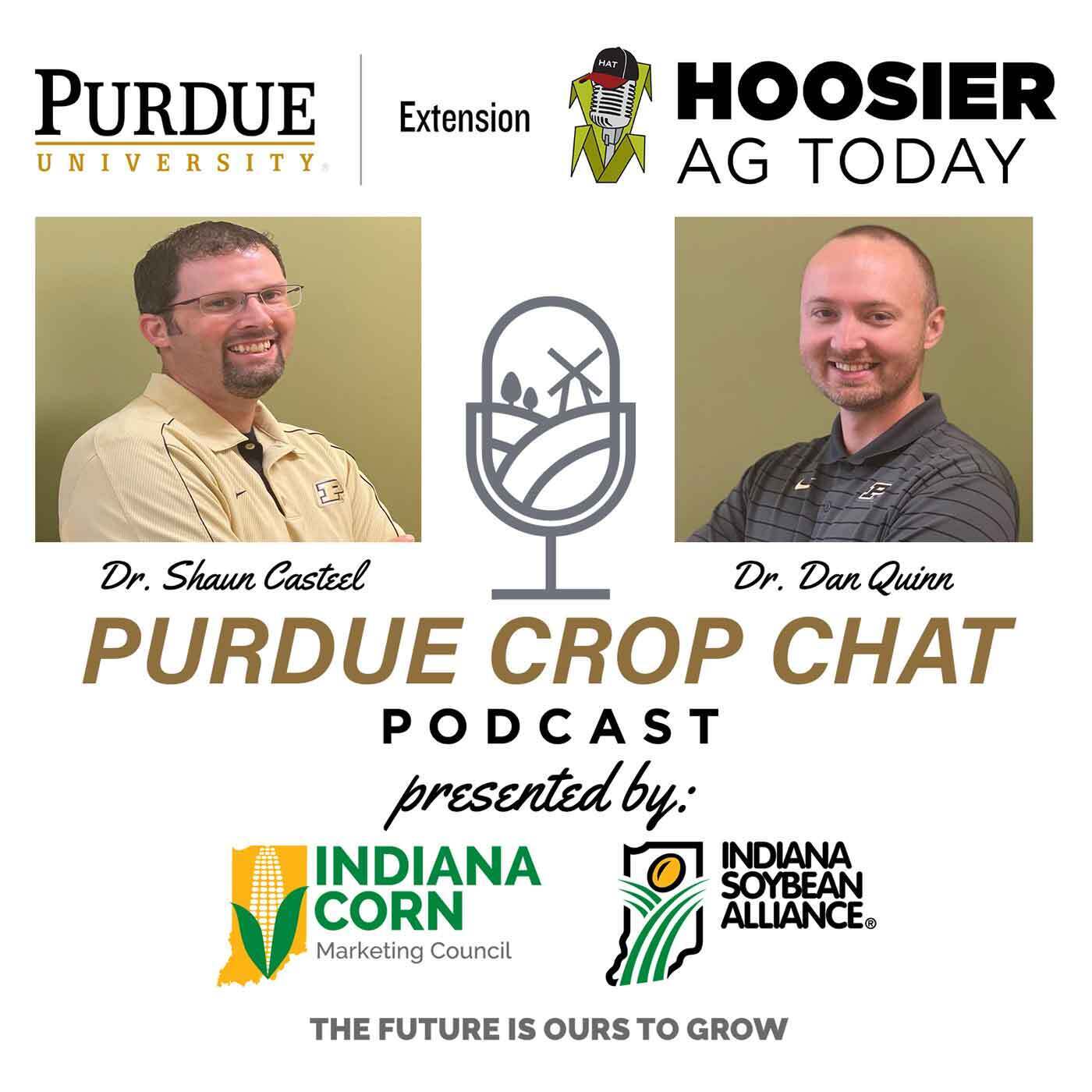
Thanks for listening to Purdue Crop Chat, a regular podcast from Hoosier Ag Today and the Purdue University Extension Service, featuring Purdue Extension soybean specialist Dr. Shaun Casteel and Extension Corn Specialist Dr. Dan Quinn.

At one point in your life, you have probably been told to “turn off the lights” or “close the door.” Ultimately, the person footing the bills was trying to save money.
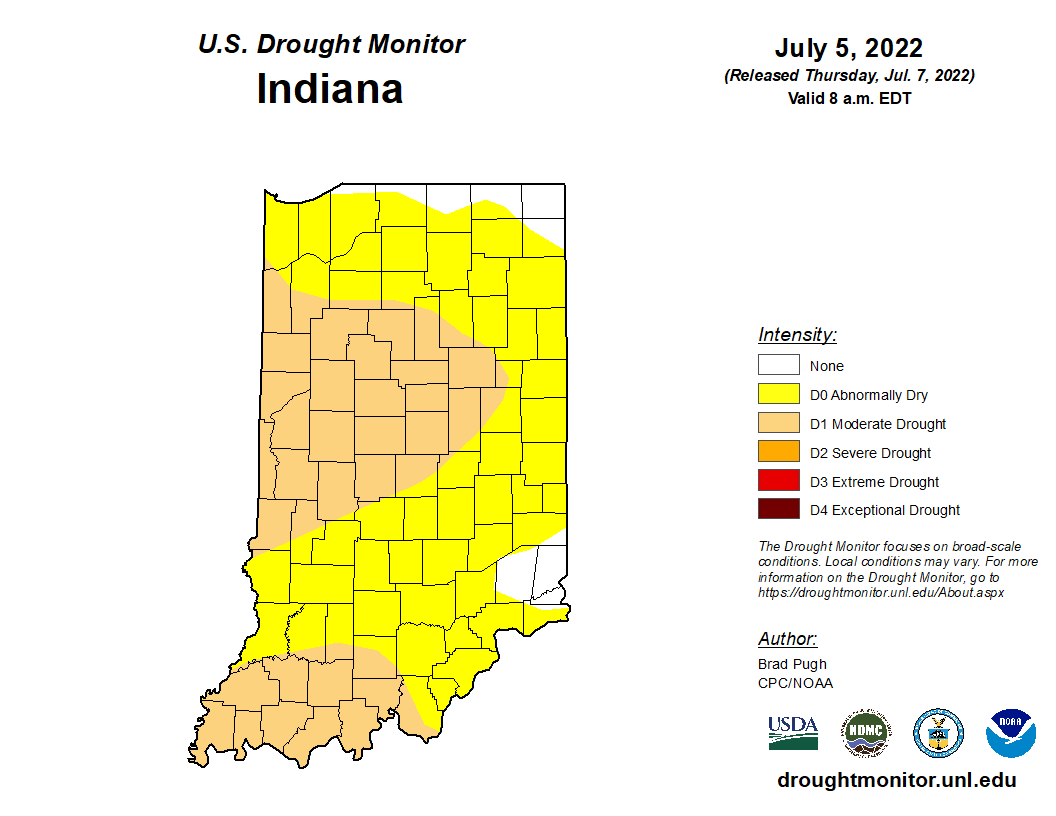
The latest release of the U.S. Drought Monitor has expanded and intensified drought status across Indiana (Figure 1).
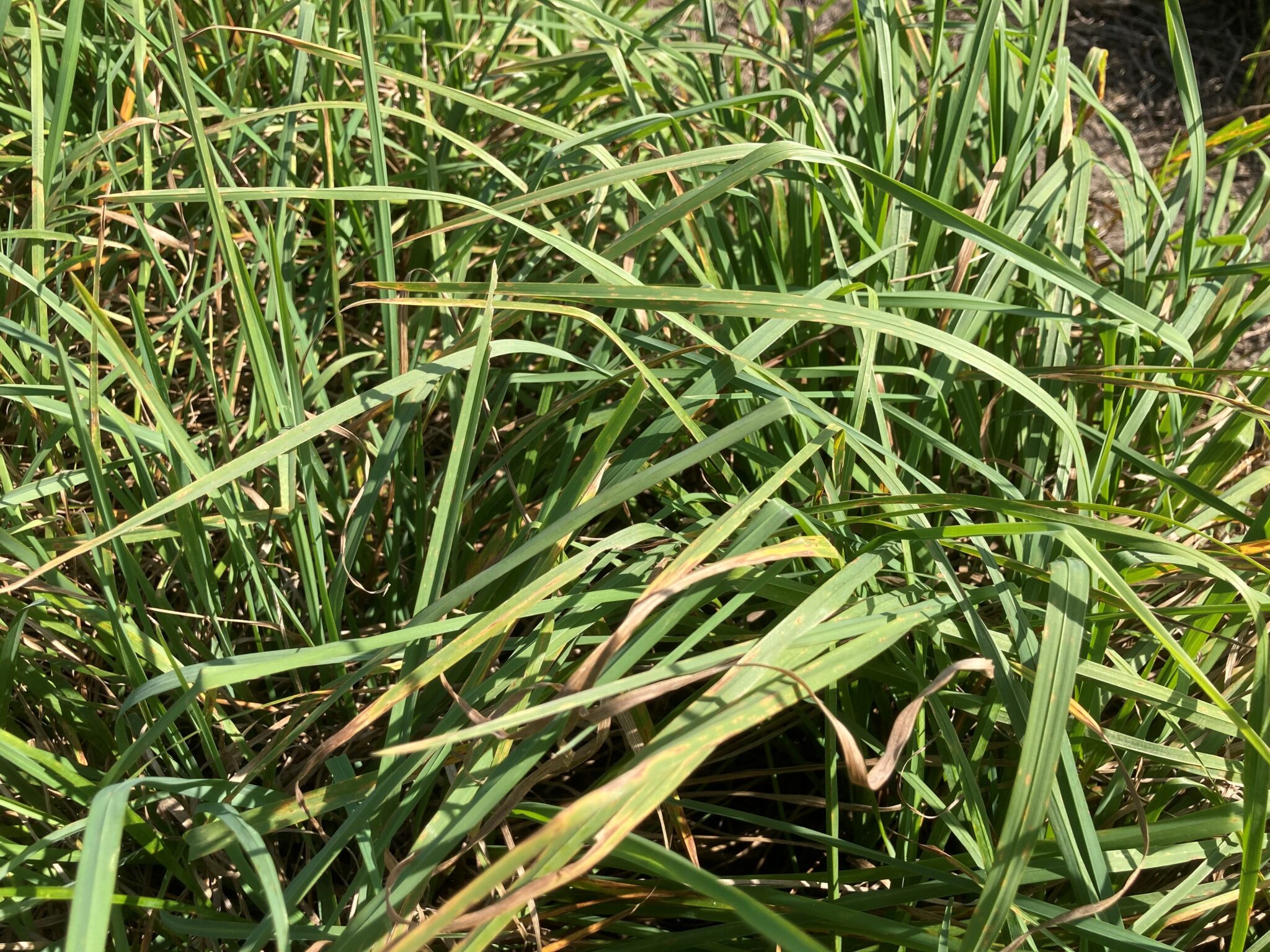
To reach full potential of the forage-livestock business, Mother Nature must comply with provision of excellent growing conditions, but the manager (you) must be part of a successful team with Mother Nature and trained forage-livestock personnel.
© 2026 Purdue University | An equal access/equal opportunity university | Copyright Complaints | Maintained by Pest&Crop newsletter
If you have trouble accessing this page because of a disability, please contact Pest&Crop newsletter at luck@purdue.edu.